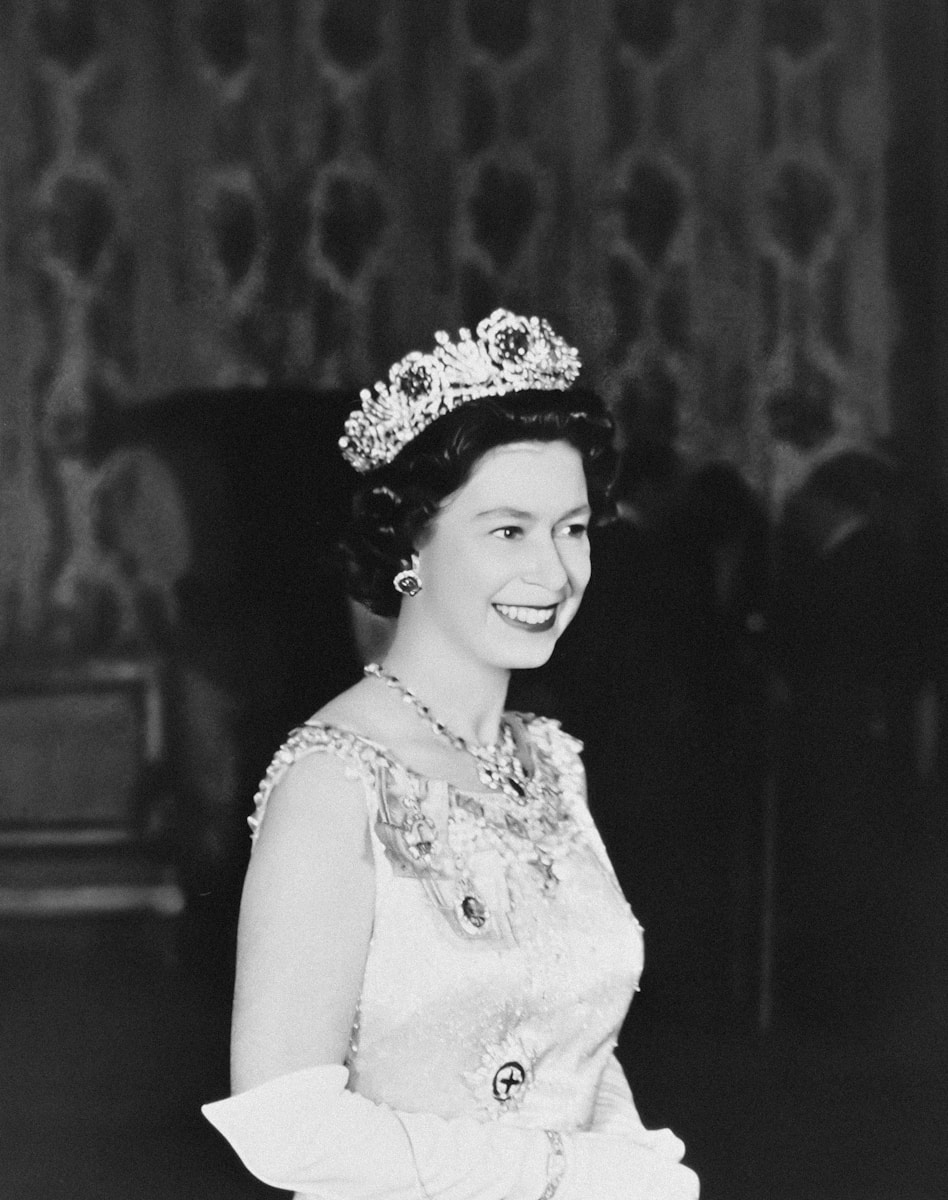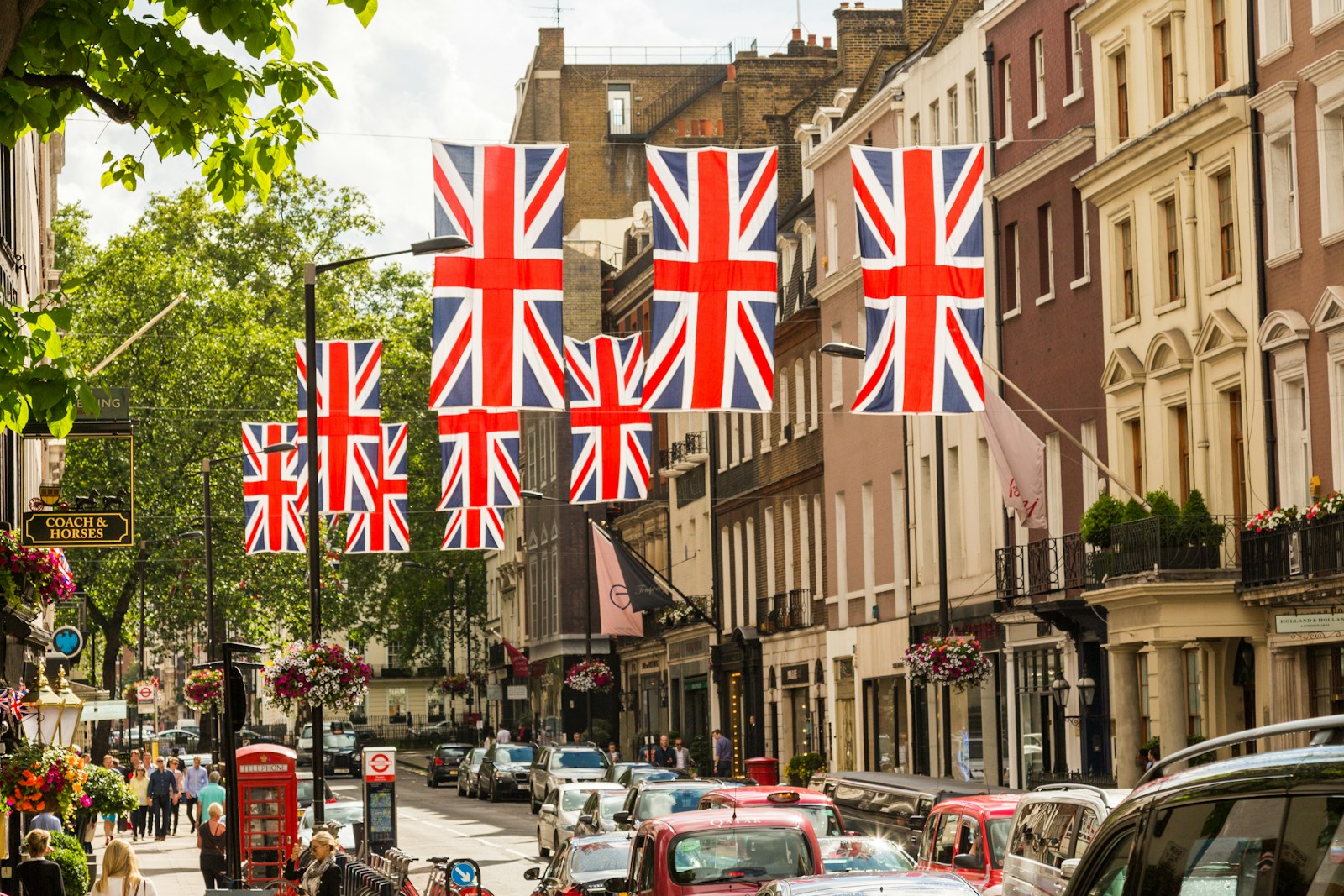
Introduction
In a world that’s constantly evolving, language is no exception. The way we communicate is undergoing a seismic shift, particularly in English. If you’ve ever found yourself raising an eyebrow at a text message filled with abbreviations or a social media post that seems to have taken creative liberties with grammar, you’re not alone. The traditional, formal structure of the language, often referred to as the “Queen’s English,” is slowly fading into the background. But what’s replacing it? Let’s dive into this fascinating topic and explore the factors contributing to this linguistic evolution.
The Queen’s English: A Brief Overview
Before we explore the reasons behind the decline of the Queen’s English, it’s essential to understand what it is. The Queen’s English, or Received Pronunciation (RP), is often seen as the standard accent of the British English language. It conjures images of posh tea parties, formal speeches, and impeccable grammar. It’s the language of the educated elite, characterized by its precise enunciation and adherence to grammatical norms.
However, as society shifts and the world becomes more interconnected, the rigidity of this linguistic style faces challenges. Let’s look into how these changes are manifesting in our everyday communication.
The Impact of Technology on Language
Instant Communication
One of the most significant catalysts for change in the English language has been technological advancement. With the rise of smartphones and instant messaging apps, communication has become faster and more informal. The character limits on platforms like Twitter and the casual nature of messaging apps have led to the development of a new dialect. Abbreviations, emojis, and GIFs have become part of our daily conversations, replacing the need for formal grammar and punctuation.
Rise of Social Media
Social media platforms like Facebook, Instagram, and TikTok have also contributed to the evolution of language. Influencers and content creators often utilize a more casual, relatable tone, which resonates with audiences who prefer authenticity over formality. The informal language used in these environments encourages users to adopt similar styles, leading to the emergence of new linguistic trends.
Globalization and Linguistic Blending
The Influence of Other Languages
English is often referred to as a “global language,” and with that status comes the mingling of various linguistic influences. As people from different linguistic backgrounds interact, they bring their language styles into the mix. This blending creates new dialects and variations of English that are more inclusive but often stray from traditional grammar rules.
For instance, terms and phrases from African American Vernacular English (AAVE) or other regional dialects are increasingly making their way into mainstream communication, reflecting a more diverse and rich tapestry of language.
English as a Second Language
As more non-native speakers use English as a second language, the way the language is spoken and written evolves to accommodate a broader audience. This evolution can lead to variations in grammar, vocabulary, and pronunciation, further distancing the language from its formal roots.
Cultural Shifts and Changing Norms
The Movement Towards Inclusivity
Cultural movements advocating for inclusivity and diversity have also influenced language use. Terms and phrases that may have once been considered “proper” are often scrutinized today for their inclusivity. The shift towards gender-neutral language, for example, has led to changes in pronouns and the way people express themselves. This evolution reflects a more modern sensibility that prioritizes respect and understanding over adherence to traditional norms.
A Desire for Authenticity
In today’s society, there’s a growing desire for authenticity and relatability. People are gravitating towards language that feels genuine and personal rather than overly formal. This shift can be seen in the popularity of conversational tones in marketing, journalism, and even academic writing. The emphasis on connection over correctness is reshaping how we communicate.
The Emergence of New Dialects and Slang
Youth Culture and Slang
Younger generations are often at the forefront of linguistic change, creating and popularizing slang that may seem foreign to older speakers. Terms like “lit,” “vibe,” and “ghosting” have entered the vernacular, often overwhelming traditional vocabulary. This evolution is not merely a phase; it’s a testament to how language is a living entity that adapts to the needs and experiences of its speakers.
Regional Variations
Additionally, regional dialects continue to thrive, each with its unique slang and expressions. Whether it’s the vibrant lingo of London, the distinctive twang of the American South, or the colorful phrases of Australian English, these variations are celebrated rather than suppressed. They add flavor and character to the language while moving away from the uniformity of the Queen’s English.
The Role of Education
Changes in Curriculum
As society evolves, so does education. Many schools are adapting their teaching methods to include more modern language practices. This shift reflects an understanding that language is not static and that teaching students to communicate effectively in a variety of contexts is more beneficial than rigidly adhering to traditional grammar rules.
The Influence of Pop Culture
Pop culture also plays a crucial role in shaping language. Movies, music, and television shows often introduce new phrases and expressions that resonate with audiences. Over time, these terms can become entrenched in everyday language, further distancing speakers from formal standards.
The Future of English
As we look to the future, it’s clear that the evolution of the English language will continue. The decline of the Queen’s English does not signify a loss of quality or integrity but rather an adaptation to a world that values diversity, inclusivity, and authenticity. Communication will likely become even more dynamic, blending various influences and styles, driven by technological advancements and cultural shifts.
Conclusion
The disappearance of the Queen’s English is a reflection of a broader societal change. Language evolves to meet the needs of its speakers, and as we navigate our interconnected world, it’s natural for formal structures to give way to more informal, relatable communication. Embracing this evolution can be seen as an opportunity rather than a loss, as it enriches the tapestry of language and fosters greater understanding among diverse communities.
So, the next time you find yourself chuckling at a text message or scratching your head at a new slang term, remember that this is all part of the vibrant, ever-changing landscape of English. The future of communication is bright, bold, and full of surprises!


